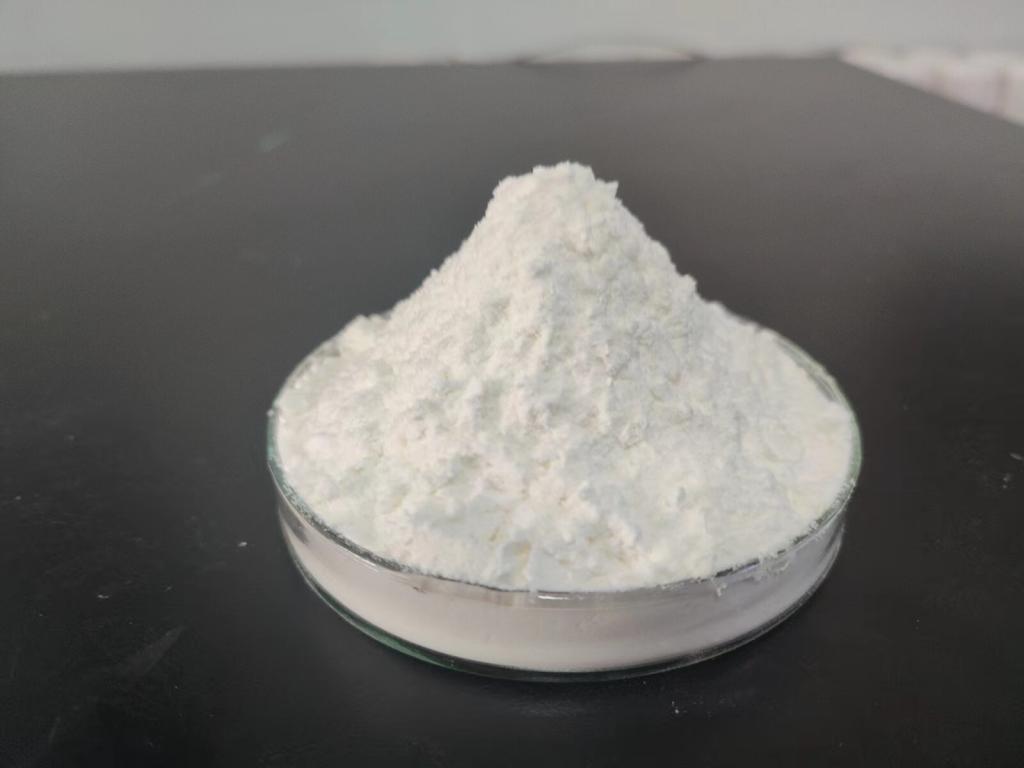Tel:+8618231198596

News
 CONTACT
CONTACT
 CONTACT
CONTACT
- Linkman:Linda Yao
- Tel: +8618231198596
- Email:linda.yao@dcpharma.cn
- Linkman:CHARLES.WANG
- Department:Overseas
- Tel: 0086 0311-85537378 0086 0311-85539701
News
ε-Polylysine hydrochloride as a tool for enhancing food security and reducing food losses.
TIME:2023-08-04
ε-Polylysine Hydrochloride: A Primer
ε-Polylysine is a polymer composed of multiple lysine amino acids linked together. Derived through microbial fermentation, ε-PL has gained attention as a food preservative due to its safety, efficacy, and natural origin. Its ability to inhibit the growth of a broad spectrum of bacteria makes it an attractive tool for improving food security through enhanced preservation.
Mechanisms of Action
ε-PL's impact on food security is underpinned by its multifaceted mechanisms of action:
Cell Membrane Disruption: ε-PL interacts with bacterial cell membranes, causing permeabilization and structural damage. This leads to leakage of cellular contents and eventual cell death, inhibiting microbial growth and spoilage.
Enzyme Inhibition: ε-PL can inhibit essential bacterial enzymes, disrupting vital metabolic processes and further compromising microbial survival.
Gene Expression Alteration: Research indicates that ε-PL affects bacterial gene expression, leading to the downregulation of key functions required for bacterial growth and multiplication.
Applications in Enhancing Food Security
Extended Shelf Life: ε-PL's ability to inhibit microbial growth extends the shelf life of perishable foods, reducing the risk of spoilage and waste. This is particularly valuable for fruits, vegetables, dairy products, and ready-to-eat meals.
Reduced Post-Harvest Losses: By curbing bacterial proliferation, ε-PL addresses post-harvest losses that often occur due to spoilage during transportation, storage, and distribution.
Improved Food Safety: ε-PL enhances food safety by inhibiting pathogenic bacteria, contributing to the reduction of foodborne illnesses and associated economic burdens.
Sustainable Preservation: The use of ε-PL aligns with sustainable preservation practices, potentially leading to less reliance on synthetic additives and minimizing environmental impacts.
Challenges and Considerations
Optimal Dosage and Safety: Determining the appropriate dosage of ε-PL to achieve desired preservation effects while ensuring consumer safety is a critical consideration.
Regulatory Framework: As ε-PL finds applications in different food categories, harmonized regulatory standards are essential to facilitate its global adoption.
Consumer Perception: Educating consumers about ε-PL and addressing potential concerns related to its use in food products is vital for wider acceptance.
Emerging Trends and Future Prospects
Innovative Packaging Solutions: Combining ε-PL with smart packaging technologies could lead to real-time monitoring and release of the peptide, enhancing preservation efficacy.
Integration with Supply Chain Management: Incorporating ε-PL into supply chain management strategies could optimize storage conditions and minimize losses at different stages.
Tailored Approaches: Research might focus on tailoring ε-PL applications to specific food products, considering factors such as pH, temperature, and microbial challenges.
Global Impact: ε-PL's potential to reduce food losses could have far-reaching effects, positively impacting food security and sustainability across diverse regions.
Conclusion
ε-Polylysine hydrochloride stands as a versatile and promising tool for enhancing food security and reducing food losses. Its natural origin, potent antimicrobial properties, and applications across various food categories underscore its potential to transform the global food landscape. By curbing microbial spoilage, extending shelf life, and promoting sustainable preservation practices, ε-PL aligns with the aspirations of a more secure and resilient food system. As research, innovation, and collaboration continue, ε-PL's role in enhancing food security and minimizing food losses is poised to expand, contributing to a more sustainable and equitable future for food production and consumption.
- Tel:+8618231198596
- Whatsapp:18231198596
- Chat With Skype







